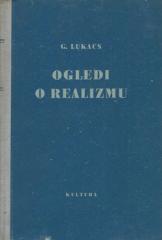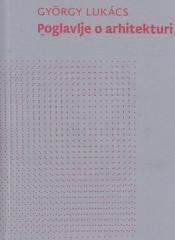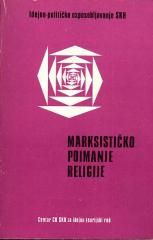
Tomas Man
György Lukács, Hungarian philosopher and literary critic, analyzed the works of Thomas Mann in his book "Thomas Mann", in which he examines his literary work through the prism of Marxist aesthetics and historical materialism.
Lukács sees Mann as a key figure in European literature who deeply connects artistic creation with social, historical and moral issues.
Lukács considers Thomas Mann to be the messenger of the decline of the bourgeoisie. His novels, such as The Magic Hill and The Buddenbrooks, depict the moral and spiritual crisis of the middle class through generational conflicts and individual dilemmas. Lukács emphasizes Mann's ability to integrate historical and social change into literature. Mann's characters often represent the conflict between tradition and modernity, between individual aspirations and social expectations.
Lukács pays special attention to Mann's resistance to fascism. He points out Doctor Faustus as a work that, through the story of the protagonist's moral decline, symbolizes the spiritual collapse of Germany during the Nazi era. Lukács sees Thomas Mann as a deeply philosophical writer who considers great ethical dilemmas through literature. His works often explore issues of death, time, guilt and redemption.
Lukács praises Mann's ability to "connect the aesthetic and the ethical," portraying complex human destinies through the prism of historical and social forces. He believes that Mann's works not only reflect social reality, but also criticize it, encouraging readers to think about the fate of society.
Lukács' book "Thomas Mann" is not only a study of one writer, but also of the role of literature in understanding and changing the world.
No copies available
The last copy was sold recently.





